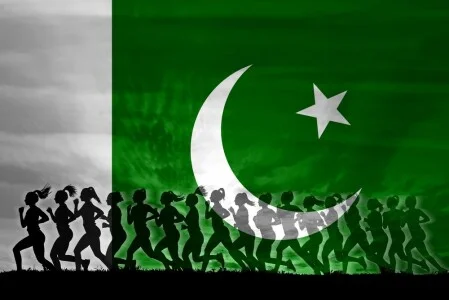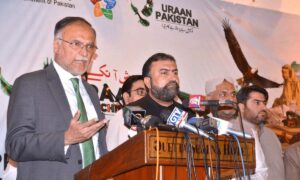Islamabad, Mar 8 2025: Pakistan continues to struggle with gender equality, ranking 145th out of 146 nations in the World Economic Forum’s (WEF) Global Gender Equality Gap Report 2024, placing just above Sudan.
Despite making up almost half of the population, women in Pakistan remain significantly underrepresented in economic activities, leadership roles, and education.
Women’s Economic Participation Remains Alarmingly Low
With only 23% of women engaged in economic activities, over 40 million Pakistani women remain outside the workforce. Those who do participate face substantial wage gaps, earning 18% less than men, as reported by the World Bank. This means that for every Rs. 1,000 a man earns, a woman receives only Rs. 818 for performing the same job.
READ MORE:
Royal Thai Embassy, UN Women, Depilex Empower Women Entrepreneurs in Sialkot
The agricultural sector, which employs 68% of working women, presents even more alarming statistics 76% of these women remain unpaid, compared to just 24% of men in the same sector.
This lack of financial recognition for women’s contributions further deepens economic inequality.
Gender Disparity in Leadership and Education
The absence of women in leadership roles highlights another major concern. Only 0.14% of women hold managerial positions, compared to 2.33% of men, underscoring the severe gender imbalance in decision-making roles.
Educational inequality further worsens the gender gap, with low literacy rates and significant enrollment gaps preventing women from accessing better job opportunities.
The WEF report on Global Gender Equality Gap urges immediate action to bridge these disparities, emphasizing that greater female participation in the workforce and leadership is essential for Pakistan’s development.
The Need for Structural Reforms
Addressing gender disparity requires urgent policy interventions, including equal pay, enhanced education programs, and increased leadership opportunities for women.
Without such efforts, Pakistan risks stagnating economic progress and limiting its potential for growth. As gender equality remains a key factor in national advancement, closing the gender gap is no longer an option but a necessity for Pakistan’s social and economic stability.









